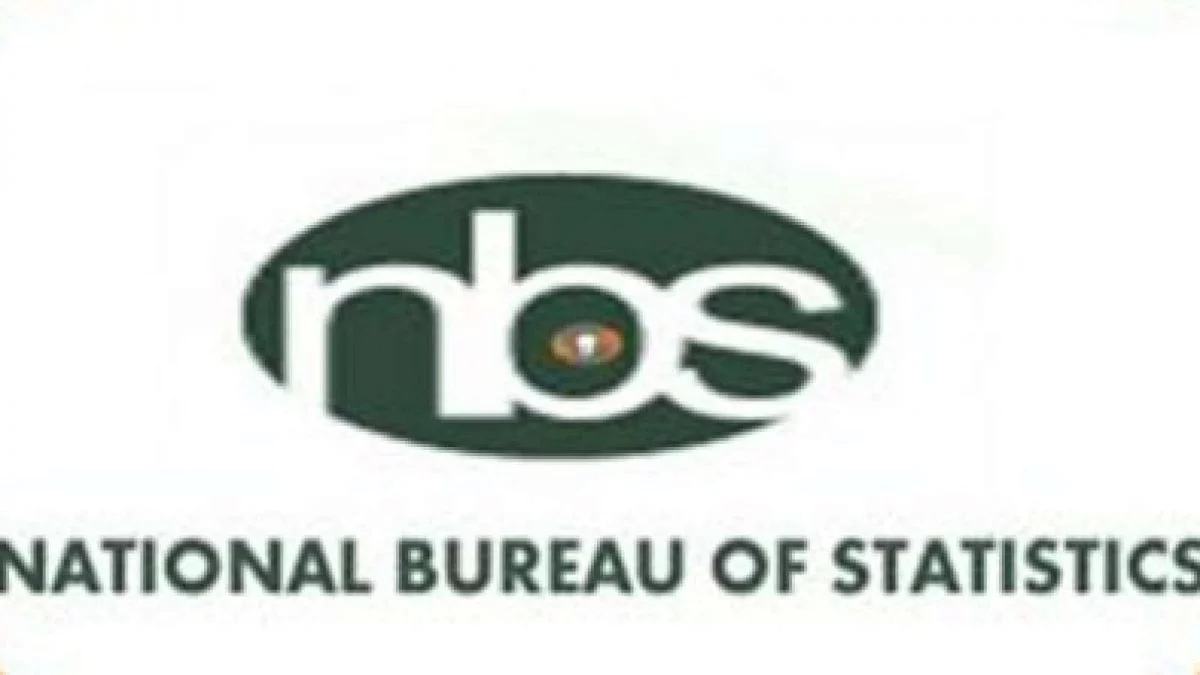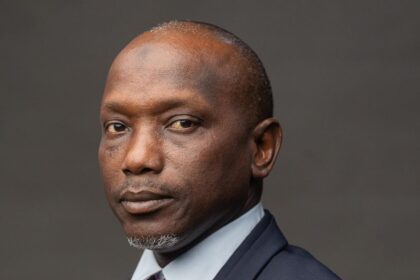By Adeyemi Adekunle
In a revealing report by the National Bureau of Statistics (NBS), the landscape of capital importation in Nigeria for the first quarter of 2024 showcased a stark concentration, with only Lagos, the Federal Capital Territory (FCT), and Ekiti attracting significant investment. This disclosure, detailed in the NBS’s Nigeria Capital Importation report for Q1 2024, underscores the uneven distribution of economic growth and investment across the country.
Lagos State emerged as the overwhelming favorite for capital importation, drawing in $2,782.41 million. This figure accounts for an impressive 82.42% of the total $3,376.01 million invested in Nigeria during this period. The bustling commercial hub’s dominance reaffirms its status as the country’s economic powerhouse, continuing to attract substantial foreign and domestic investment.
Following Lagos, the Federal Capital Territory (FCT) attracted $593.58 million, representing 17.58% of the total capital importation. While significantly less than Lagos, this figure highlights Abuja’s role as a critical destination for capital due to its political significance and burgeoning infrastructure development.
Ekiti State, a surprising entry in the report, brought in a modest $0.01 million. Although a far cry from the figures of Lagos and Abuja, Ekiti’s inclusion reflects a potential area for future investment and development.
The report’s implications are profound, as it indicates that 34 states did not attract any capital importation in the first quarter of 2024. This stark reality points to a significant disparity in economic development and investment attraction across Nigeria, raising questions about the inclusivity and reach of economic policies and initiatives.
In-depth analysis within the report reveals that Portfolio Investment was the most prominent category, accounting for $2,075.59 million or 61.48% of the total capital importation. This was followed by Other Investments, which brought in $1,181.25 million (34.99%). Foreign Direct Investment, a critical driver of long-term economic growth, accounted for a mere $119.18 million, just 3.53% of the total.
Sector-wise, the banking sector led the charge, recording the highest inflow with $2,067.44 million, representing 61.24% of the total capital imported. The trading sector followed with $494.93 million (14.66%), and the production/manufacturing sector garnered $191.92 million (5.68%).
This data highlights not just the critical sectors driving Nigeria’s capital importation but it also points to the areas that policymakers and stakeholders need to focus on to achieve a more balanced and inclusive economic growth trajectory. As Lagos and Abuja continue to lead, there is a pressing need to strategize and implement policies that will attract investments to the less represented states, ensuring a more equitable distribution of economic benefits across Nigeria.




